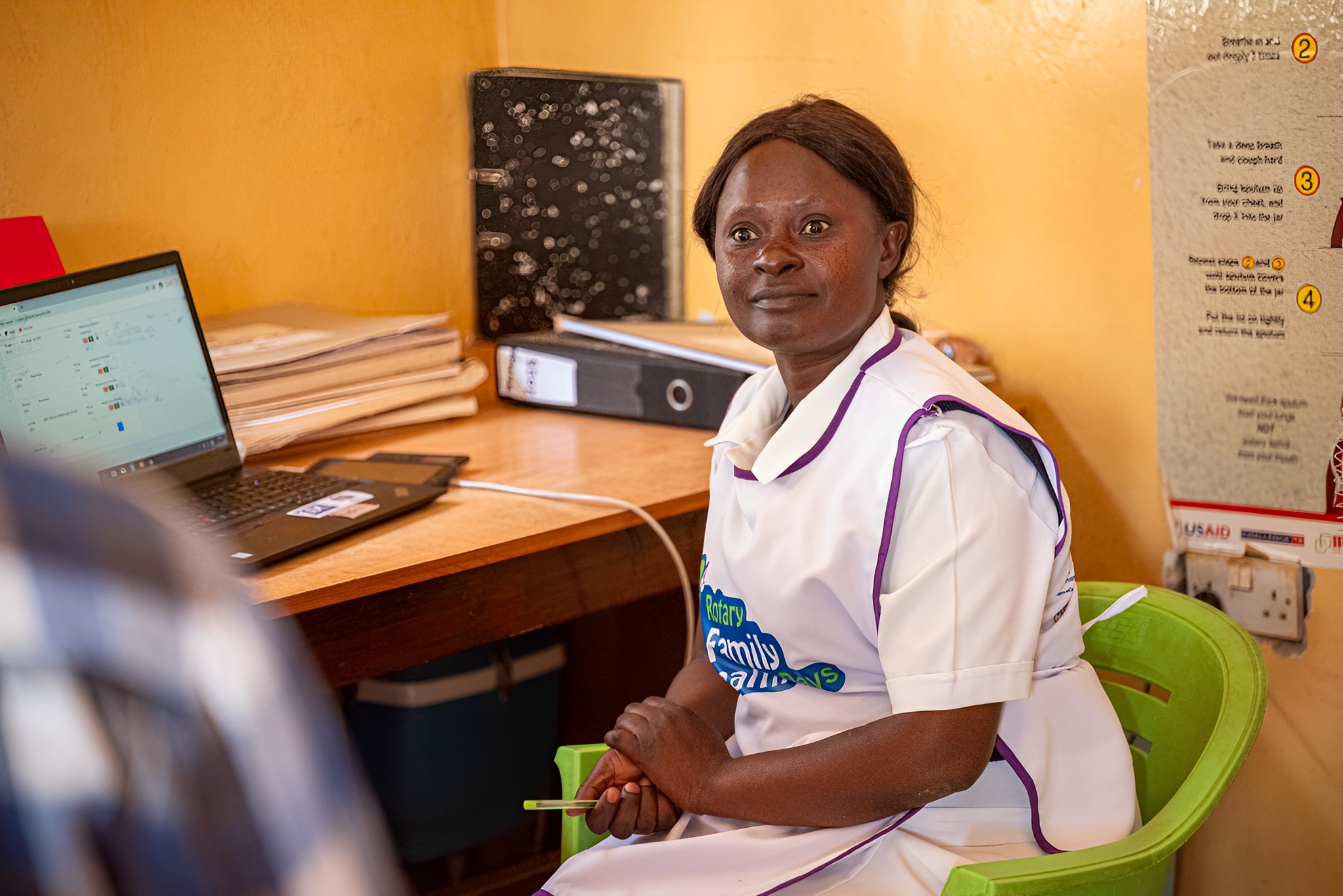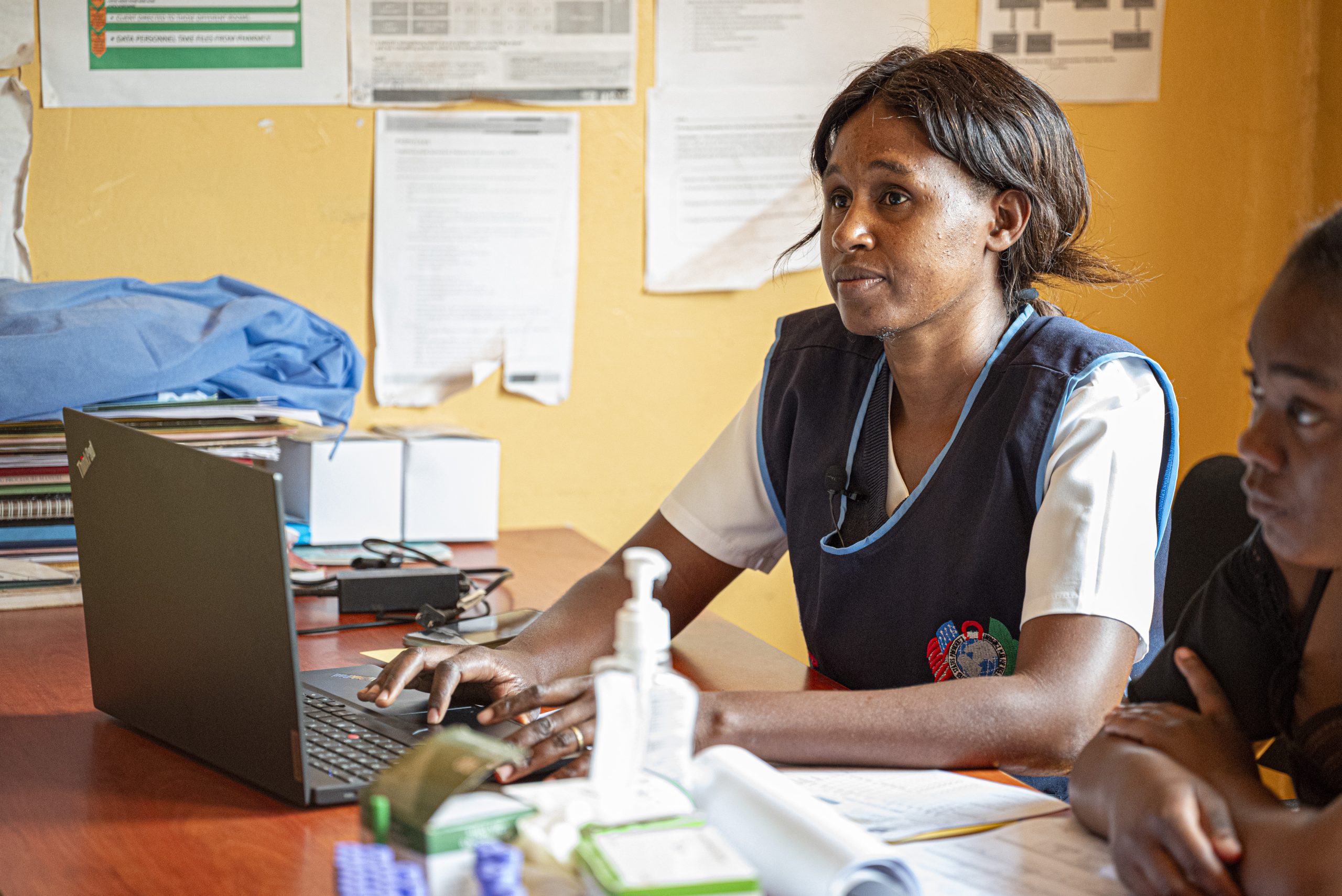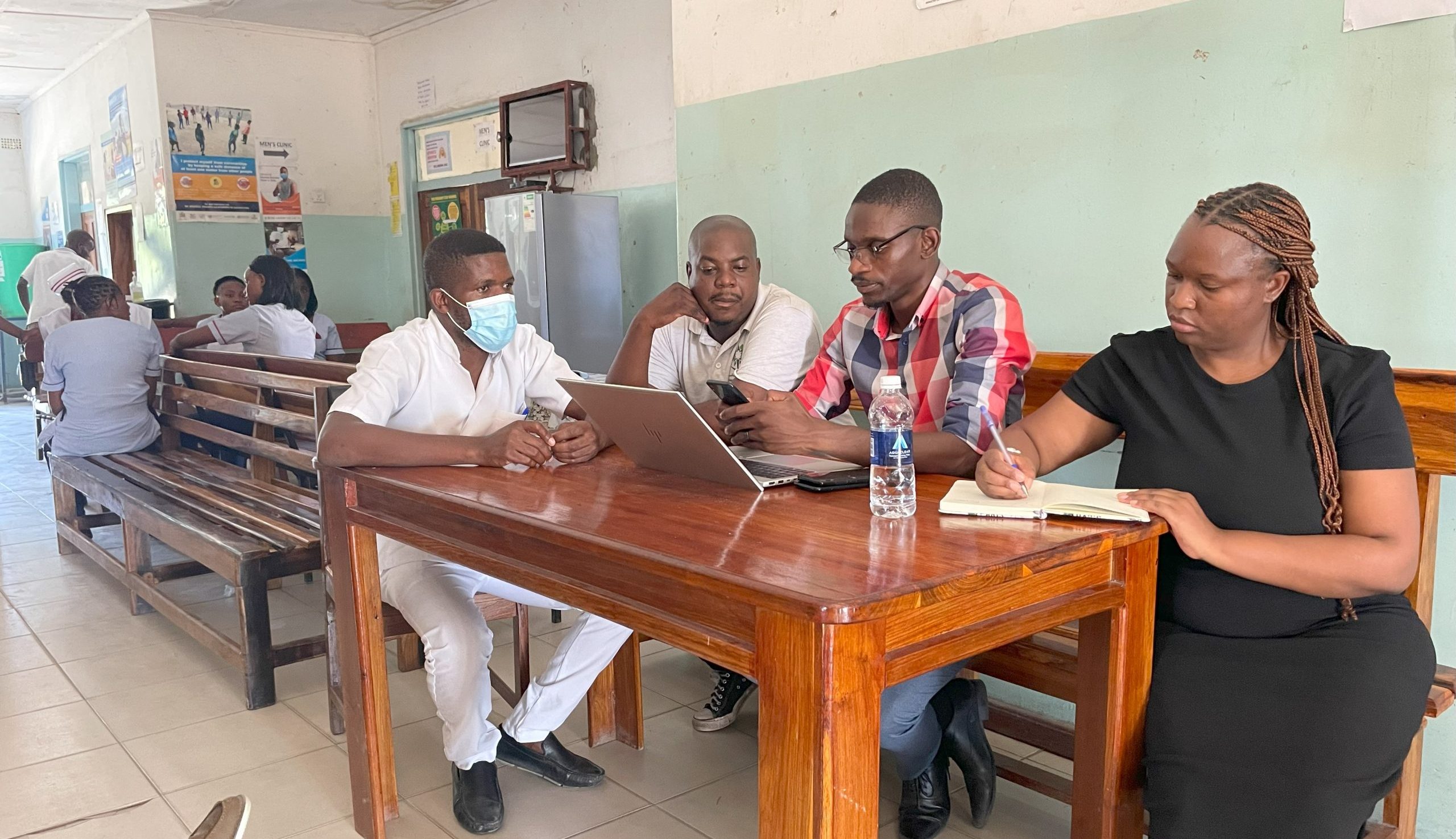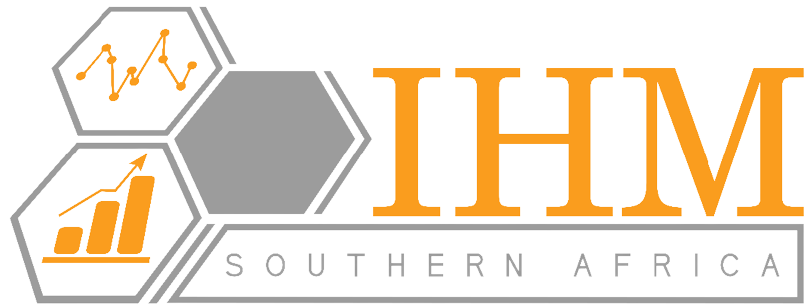Solutions that impact lives
Our diverse range of services empowers development programs, driving growth and enhancing performance
IHM’s approach to solutions is unique and practical, particularly in addressing African countries’ complex and nuanced challenges. By taking a holistic approach, IHM considers the technical aspects of program development and the social and economic contexts in which their solutions will be implemented. This approach has led to IHM’s success in developing customized, context-specific solutions that have positively impacted millions across Africa.

Health Information Systems Strengthening
Amongst the seven building blocks for Health Systems, Health Information has been recognized as a cross-cutting building block. IHM primarily works in this area and it has extended its experience base in strengthening the information gathering and dissemination agenda across all five building blocks of Health Systems. Our tools and approaches are easily adaptable. We strive to reach a higher level of planning – engaging decision-makers and ensuring the implementation they request is based on evidence – and working with public and private host-country organizations to develop their ability to carry on after we leave.
Information Systems Development
IHM specializes in developing and deploying Health Management Information Systems (HMIS) and Electronic Medical Record (EMR) systems. Our primary goal is to decentralize data management and enhance the utilization of health information across all levels of public health settings. These systems incorporate a strategic information process that serves as a foundation for healthcare service providers to gather, analyze, and securely store data, facilitating the measurement of improvements and performance in health service programs.
Furthermore, IHM is dedicated to supporting the deployment of Information Systems by prioritizing capacity building and fostering local ownership. We provide comprehensive training to end-users at various levels, spanning from the national to district level. Our ongoing efforts involve monitoring the sustainability of these systems and identifying effective strategies to promote evidence-based decision-making. This includes the development of new health information systems when necessary and establishing connections between existing systems for enhanced data integration and synergy.



Health Information Technology Innovations
Many IT products are being developed by exceptionally competent teams at the regional and global levels. A key challenge is keeping up with these changes and having the efficacy to harness the products that are out there and use them in development contexts. IHM’s IT team works with public health entities in the southren africa region to develop a culture of leveraging existing technology and building IT competence in managing health informatics projects. This contributes to sustainability of IT initiatives being implemented in these countries.
Research and Program Evaluations
IHM assists clients in meeting research and evaluation goals using the most efficient, unbiased, and innovative survey methods and programme evaluation approaches. For research, we have experience in conducting community-based and household surveys, market research and higher-end statistical research such as randomized control studies. For programme evaluations, we help organizations answer questions about why their programmes are working or not, what are the factors that contribute to success or the lack thereof for a programme. IHMs research and evaluation team combines unique skills and field experience to conduct evaluations that are useful for the client and stakeholders


Monitoring and Reporting Capacity Building
The demands for accountability and results in the development sector has helped create a better appreciation and understanding for programme monitoring and reporting. However, getting monitoring to support programming and ensuring reporting meets government and donor standards often is a challenge. Our experience in developing monitoring and reporting systems in accordance with these requirements such as the Global Fund, PEPFAR, UN Agencies forms the bases on which we provide technical support in this area. From training organizations in monitoring and reporting requirements to helping government departments and CSOs comply with monitoring and reporting requirements, IHM provides tailor-made approaches to various scenarios including developing M&E plans, log frames, building capacity in setting up an entire monitoring and reporting system and operationalizing it.
Data Quality Assurance and Data Quality Improvement
Data collected routinely from program implementation contexts is increasingly replacing survey or research data in rigorous statistical analyses. However, a significant challenge has been the quality of this routine program implementation data. IHM has developed a distinctive approach to address data quality in public health settings by leveraging existing tools and methods, which can also be adapted for other contexts.
Drawing upon tools developed by the Global Fund and UNAIDS, IHM employs a dual-pronged strategy to enhance data quality. This approach involves strengthening data collection processes, establishing data warehouses for improved storage and data mining for reporting, and introducing technologies that monitor and enhance data quality throughout the data lifecycle, encompassing collection, storage/processing, reporting, and utilization. As a result, this approach has elevated the status of routinely collected data, placing its analysis on par with survey or research data.
.

